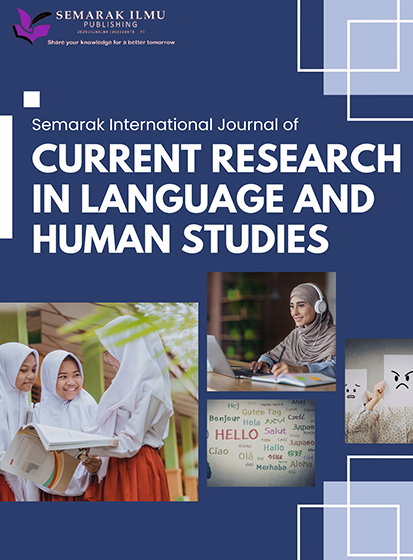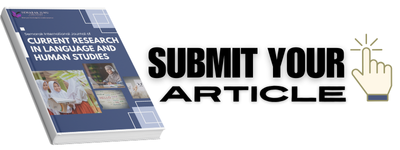Corporate Social Responsibility in ESL Education: The Effectiveness of English Language Bootcamps in Promoting Learner Empowerment in Immersive Program
DOI:
https://doi.org/10.37934/sijcrlhs.2.1.6277Keywords:
learner autonomy, language proficiency, Highly Immersive Programs (HIPs), Corporate Social Responsibility (CSR)Abstract
Enhancing learner autonomy and language proficiency among ESL students is a critical challenge in language education. Highly Immersive Programs (HIPs) are increasingly adopted to address this issue; however, empirical evidence on the effectiveness of integrating English language bootcamps, fun language activities, and Corporate Social Responsibility (CSR) initiatives remains limited. This study aimed to evaluate the effectiveness of CSR-driven English language bootcamps in fostering learner autonomy and improving language proficiency among ESL students. A quantitative research design was employed, using a survey distributed to 75 Year Six ESL students to gather data on their perceptions of the bootcamp activities. The survey assessed key aspects such as student engagement, confidence in speaking English, and satisfaction with the program. Descriptive statistical analysis was conducted to evaluate the effectiveness of the bootcamp in achieving its educational objectives. The findings revealed that CSR-driven bootcamps significantly enhanced learners' autonomy, engagement, and overall satisfaction. However, a slight deficit in students’ confidence in oral communication was identified, indicating an area for improvement. These results highlight the potential of CSR initiatives in creating supportive learning environments that empower students and promote equity in education. The study concludes by recommending an increased focus on strategies to improve oral proficiency and provide more meaningful language practice in future programs. These enhancements could further strengthen the impact of CSR-driven bootcamps, contributing to more effective and inclusive ESL education.













